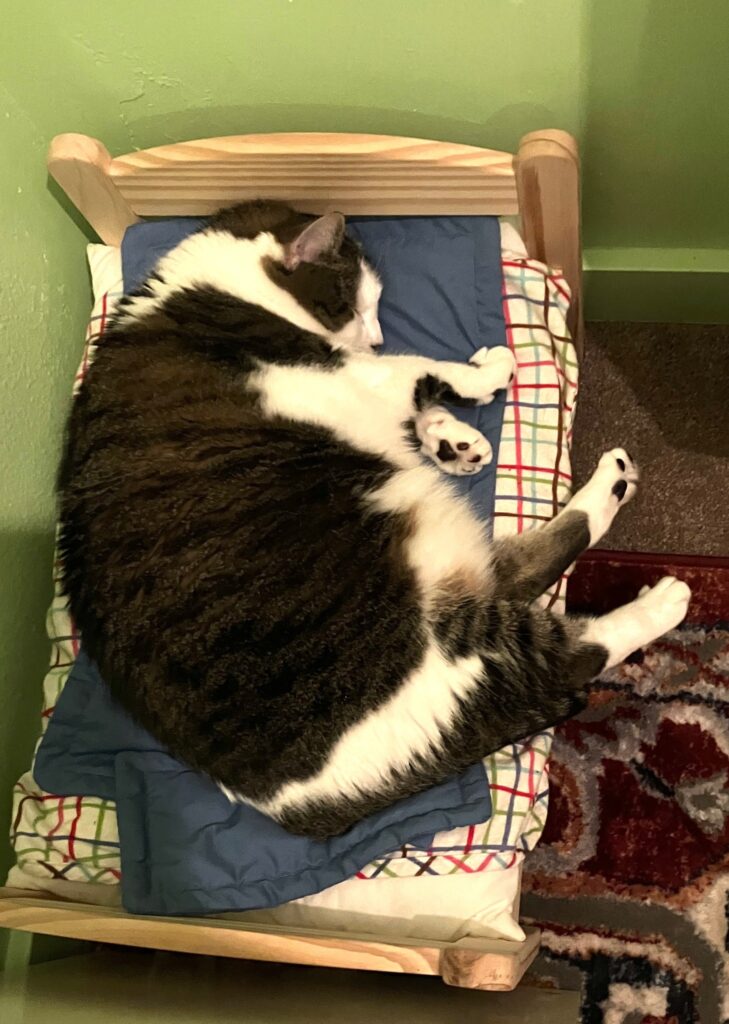Presently, I’m working on a book proposal, and one of the biggest advantages I can give it is to carefully proofread the copy.
Writing Tip for Today: We hear a lot of talk about hiring editors for our work. Here are three easy tips to self-proof your own writing:
Let It Rest
I have a simple rule about my own work: whenever possible, I never submit anything the same day I draft it. I want to get some distance from my hot mess, which will help me be objective when I self-edit. For a short article or essay, I wait at least twenty-four hours (and this is after decades of practice). For book-length work, I set aside for at least a couple of weeks.
By placing your work on the back burner, you give yourself needed distance to be able to “kill those darlings,” spot typos, grammar and usage errors and check for clarity. We’ve all written passages or phrases which at the time seem brilliant, only to come back to them later and see them as purple prose, too affected or just plain silly. The creator in us tries to preserve its creation, but the editor in us insists upon a higher standard.
While you let your work rest, start something new. I hate not having a project to turn to when I’ve finished something. By keeping more than one project going, you don’t end up staring blankly at your screen, wondering what to write. Vary the lengths—do a few short pieces in the mix with your book-length projects. Short pieces can help you build your readership while you finish the book.
To Spellcheck or Not?
Spellcheck can guide you toward better grammar and spelling with those squiggly lines. These days, your Word program even tries to finish sentences for you. But don’t rely too heavily on the bot that tells you you’ve used the passive voice or spelled a word wrong.
The problem with Spellcheck is that it doesn’t always catch all your mistakes. Homophones (words that sound alike but are spelled differently and have different meanings) won’t show up with any squiggly lines. If you struggle with brake (applying force to stop) and break (shattering a glass, taking a rest), your Spellcheck won’t know any better than you do. Learn your homophones (their, they’re and there) and proper use of contractions (its and it’s) as a part of your writer’s training.
A human spellchecker might come in handy. Your aunt the former English teacher or your brother the retired editor might be willing to whip out a red pen to help you where Spellcheck cannot. If you have a critique group or partner, let another writer help. If all else fails, get out your Strunk & White Elements of Style.

Spellcheck is handy, but don’t rely on it too much.
Read Aloud
Our eyes see what we want them to see. If you only read silently whatever’s on your screen, you may still miss obvious mistakes or typos. I once had a missing word on the first page of a manuscript that eluded me until I read the page aloud. My mind had been filling in the missing word. Speech arises from a different brain area than thought or eyesight, so it can uncover mistakes you didn’t know were there.
Another reason to read out loud is to evaluate the flow of your sentences. Again, our minds fill in missing details. You may be thinking about that missing detail as you scan your screen, filling it in so that the piece seems complete. But if that same passage doesn’t contain necessary info or a needed transition, you could confuse or lose a reader. By reading aloud, you’ll be more apt to spot these omissions.
A word about reading aloud. In my many years of teaching writing, my students would sometimes think they needed to perform their work to read it out loud. Some provided different voices for the dialogue or read their work as if they were performing it for an audience. In reading to your crit group, your family or your cat, don’t try to perform. You want to save all your attention for improving your written words. It’s okay to read dispassionately when you are reading to self-edit.





